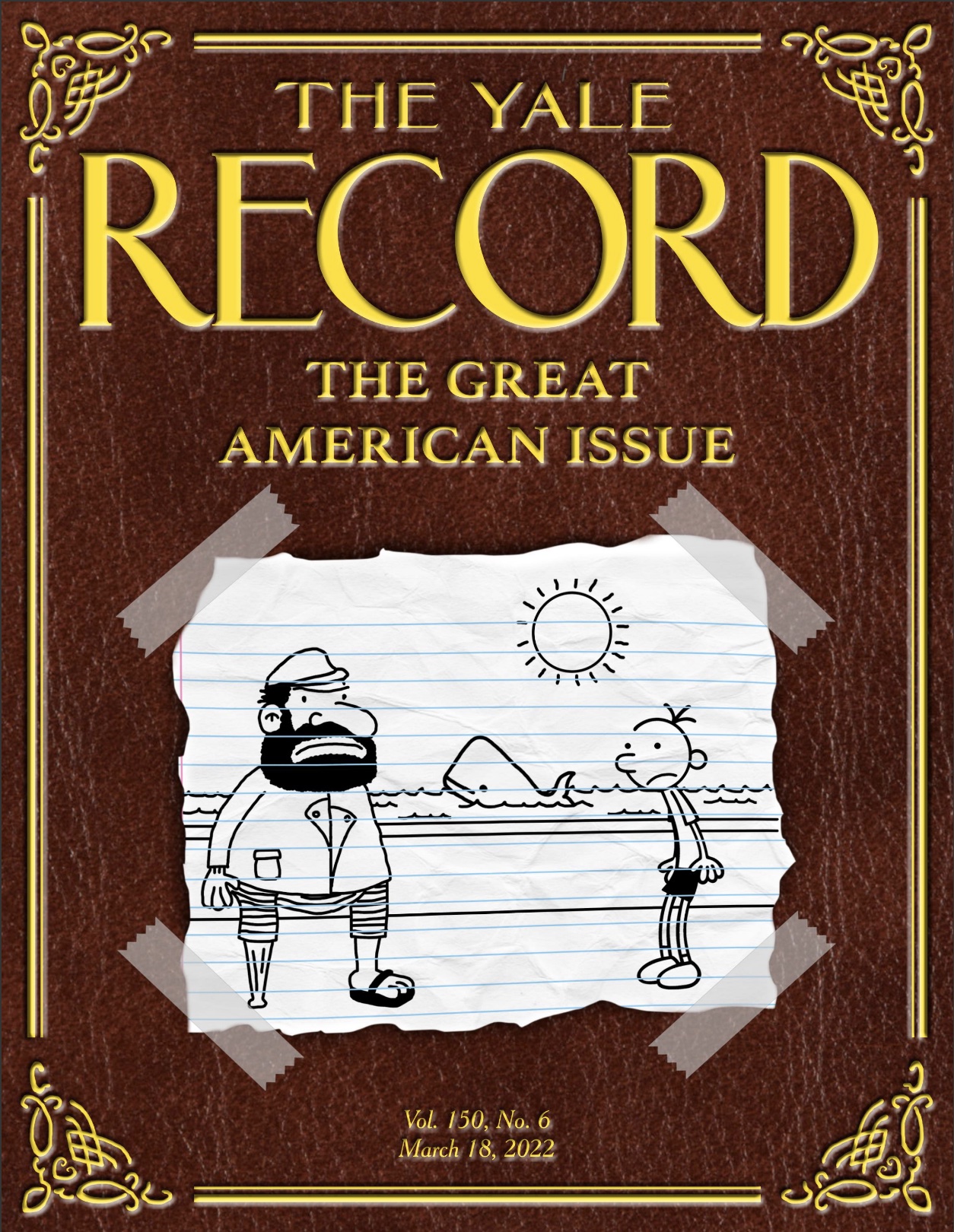Deep Waters and Deep Love on the Mississippi by Mark Twain
Twain wrote Deep Waters and Deep Love on the Mississippi just before his death, perhaps to reflect on his time as a riverboat captain. The protagonist, Pecan Clarence, spends his days hauling cargo down the Mississippi instead of finding the woman he will marry. One night, Clarence casts a line to kill some time and catches a female catfish. The boat captain and the catfish, whom he names Selma, begin a tender relationship, and the remainder of the novel details the struggles of an interspecies relationship in the Antebellum South. Tragically, the book ends with Selma being fried and eaten by Pecan Clarence’s shipmates. Twain vehemently denied this was in any way based on his life.
Snow Cold Hearts by F. Scott Fitzgerald
Written during a bout of cabin fever induced by a long Minnesota winter, F. Scott Fitzgerald details the struggles of local snowmen in his little-known gem Snow Cold Hearts. The book explores class differences, such as how richer snowmen are able to avoid the slush and sunshine that plague the lives of poorer “Frosties” (derogatory). The main character is Nippy, a newly rich “four-baller” (a snowman made of four snow spheres) who made his fortune in weather speculation but has trouble breaking into the high society of Saint Paul’s elites, where historic dynasties loom large. The book concludes with Nippy being snow-plowed in pursuit of his old-money love interest Chilly, who loves him but can’t seem to ignore his modest upbringing and squirrel-ravaged nose. Needless to say, this book has remained on the other side of paradise. Is the American Dream a lie or is Fitzgerald a helpless drunk? Likely both.
Cracked Eggs Can Still Make Fine Omelettes in Tennessee by Robert Penn Warren
Robert Penn Warren’s novel describes the sudden political rise of Donnie Bedford Forrest, a mentally-challenged Tennessean who rises to the Governor’s office in 1932. Despite being unable to read or write, Donnie secures the governorship by receiving the endorsement of the Ku Klux Klan, a political reality that occurs due to him being the great-grandson of Nathan Bedford Forrest, the group’s founder. The Klan had assumed Donnie would be a Trojan horse for advisers to implement racist policy. However, influenced by his friendship with Reginald Freeman, the black man who worked as the help in the Forrest family’s home, Donnie is able to pass some of the most progressive civil rights legislation in the nation. The book found almost no audience, as it angered both conservatives and progressives alike.
—E. Bohannon

